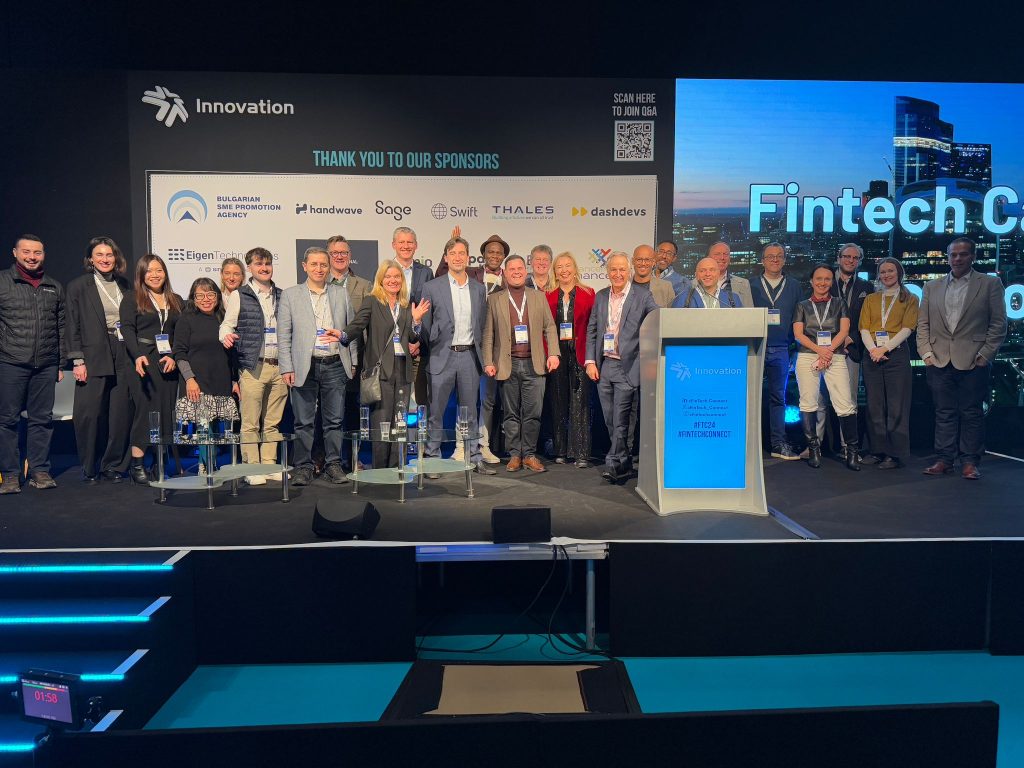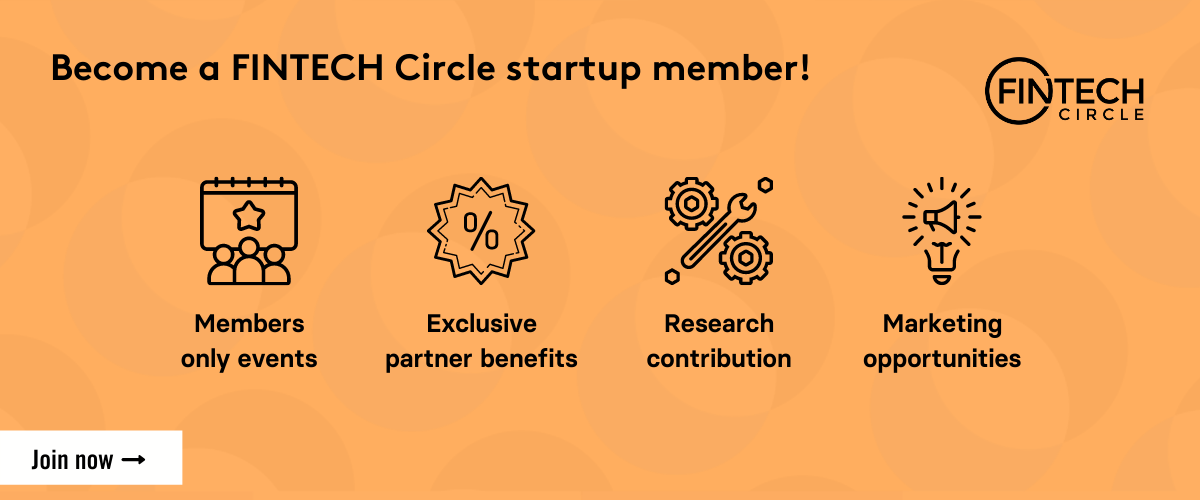Top 5 Tips for Start-Ups

Date: 11 December 2024
Author: Andy Creak, CEO & co-founder of Kana Earth
After 25 years, five startups, and three exits (hopefully four soon), I’ve been lucky to be part of teams that made big things happen – including achieving the elusive unicorn status. Along the way, I’ve collected enough battle scars to fill a book.
I’ve:
- Hired the wrong people
- Priced products too low
- Created the wrong incentive structures
- Worked with the wrong investors
- Spent hours educating VCs who didn’t invest
- Listened to the wrong advisers
- Targeted the wrong prospects
Yet here I am, still standing and sharing the lessons.
What am I doing now?
At Kana Earth, we’re building the platform for asset managers investing in natural capital,
an emerging sector with the potential to transform global markets.
This isn’t just a new market – it’s the start of a $1 trillion movement. Imagine a world where
carbon, biodiversity, water, and other natural resources become tradable assets, where
countries and businesses radically rethink how they value and exchange nature.
This transformation has already generated a cascade of acronyms, innovations, and initiatives, creating new global markets and reshaping economies at every level. If you know BlackRock Aladdin, think of Kana Earth as the wider, deeper equivalent for natural capital.
But here’s the challenge:
- Governments are dragging their feet
- Corporates are hiding behind greenwashed PR
- Media scepticism (hello, The Guardian) is loud and clear
- And we need to convince everyday investors – yes, you with the pension – that this is
not just worth saving but also worth investing in.
My plan? To make fewer mistakes this time around.

A summary of my start-up learnings
1. Start early
- Use the first 12 months to experiment—on someone else’s payroll if possible
- Network relentlessly. The more people you meet, the more insights you gain for the next conversation
- Talk about your ideas. Don’t worry about losing IP; feedback is far more valuable at this stage
- Simplify your financial model. It will evolve ten times over – keep it nimble
- Recruit early, but quietly. Some team members won’t know they’re on your radar until the time is right
2. Start your business right
- Understand roles. Employees and founders behave differently when under pressure
– plan accordingly - Solve your team’s problems. If you don’t, the problems won’t solve themselves
- Set horizons. Break the journey into manageable stages
- Have an exit strategy. It can change, but always know where the finish line might be
3. Learn to raise capital
- EIS fundraising is a skill – practice it.
- Build a network early. Investors know other investors
- Research investors. Cold forms don’t work; warm introductions do
- Understand your sector. Getting outsiders to bet on you is tough
4. Master the art of selling
- Communicate concisely. Brevity wins – “If I had more time, I’d have written a shorter letter.”
- Sell your:
- Market (why now)
- Team (why you)
- Product (why this)
- Financials (why invest)
- Build a sales funnel and review it weekly
- Master closing. Every meeting should move prospects closer to buying – everything else is noise
5. Get good and stay good
- Know what makes you tick
- Double down on your strengths and compensate for weaknesses with the right people and training
- Keep your resilience up – losing a battle doesn’t mean losing the war

Federer’s Lesson
Roger Federer won nearly 80% of his matches but only 54% of the points he played.
The takeaway? Success is about consistency and moving forward. When you lose one point, focus on the next one.
For me – and for Kana Earth – that’s the mindset. Each mistake is a lesson, and the next opportunity gets the same energy and intensity as the first.
Let’s make the next point count.
 About Andy Creak
About Andy Creak
Andy is the CEO and co-founder of Kana Earth, a climate technology startup creating the infrastructure for asset managers to deploy capital at-scale across carbon and biodiversity markets, and manage their natural capital portfolios.
Having previously built numerous successful fintech businesses, Andy is familiar with navigating complex financial landscapes and identifying growth opportunities. He is uniquely positioned in his expertise, drawing from his insight into financial services to build the next generation of carbon market infrastructure.



